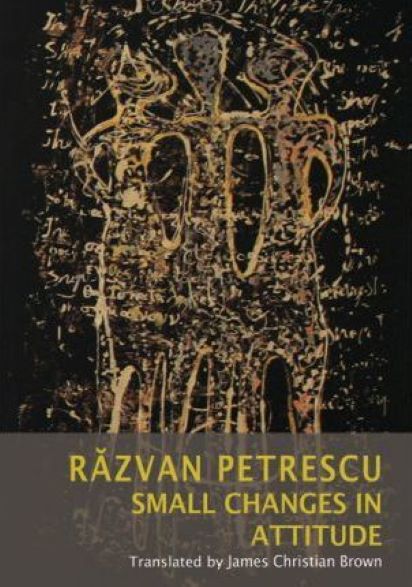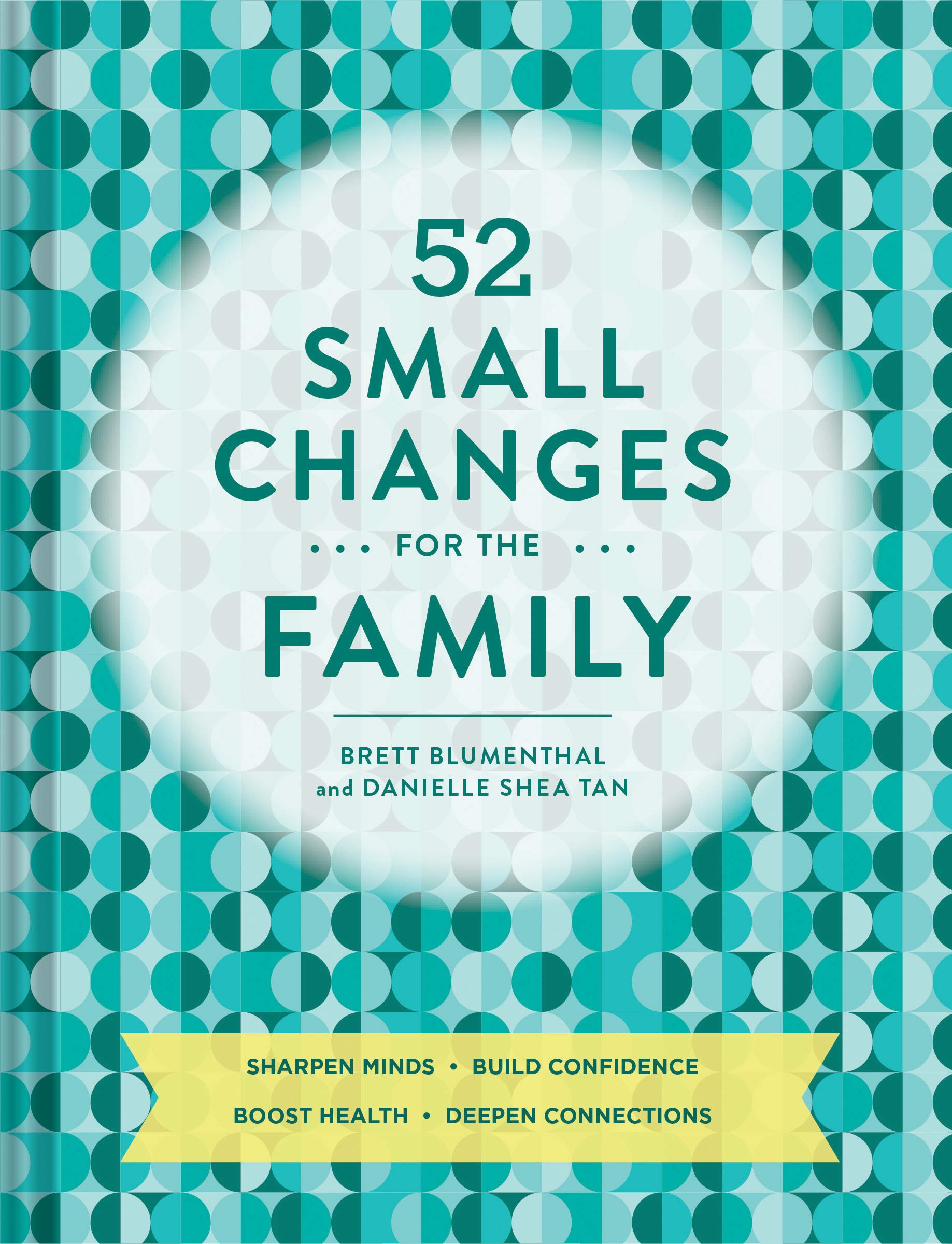
Small Changes in Attitude | Razvan Petrescu
The stories gathered here were originally published in Petrescu's first three collections: 'The Crystal Globe', 'Chance' and 'At the Bar' in The Summer Garden (1989); 'The Door', 'The Joke', 'Black Encephalitis', 'Diary of a Flat-dweller' and 'Rubato' in 'Eclipse' (1993); and the remaining stories in 'One Friday Afternoon' (1997). The reader coming to Petrescu s writing for the first time will find a body of stories in which a sometimes dizzying diversity of narrative strategy, perspective and style is brought to bear on a range of themes in which the fundamental tragic issues of failure, guilt and death are never far away. Sharply observed social and psychological realism (more than one critic has described Petrescu as writing with a scalpel an obvious conceit, given his medical background, but nevertheless an apt one) blend seamlessly with forays into the surreal and fantastic. A playful and infectious delight in the joy of writing, an ironic detachment and an absurd sense of humour overlie a profound sense of anguish at the tragedy of human existence. The world of Petrescu's stories is a dark one, full of disappointed hopes, minds driven to insanity, bodies subjected to torture, disease, decay and dissection. The dispassionate technical vocabulary of the doctor s surgery and the anatomy room is a characteristic part of the texture of his writing. But equally characteristic are the many references to favourite pieces of music, which at times, most obviously but not only in 'Jazz', almost amount to a soundtrack to the stories. And there is love too, affirmed at times in surprising ways, as in the conclusion of 'Wedding Photographs', as well as in the lyricism of 'October Letter'. The attentive reader will notice that Petrescu's characters have a tendency to migrate between stories; several of them make more than one appearance in 'One Friday Afternoon', for example. It has, indeed, been suggested that the sequence of stories in this third collection might be read as a single work, a jazz-like progression through a succession of themes and improvisations. And in fact such cross-referencing of characters (and also objects: the hammer, the piano...) occurs frequently enough in Petrescu s work to give at times the feeling that we are reading fragments of one large open-ended and many-voiced novel a multi-faceted human tragicomedy. And yet seen from another perspective, many of the stories have themselves something of the character of tightly compressed novels novels reduced to their essence, as it were. (In a recent magazine interview, Petrescu playfully recommends the short story as good value for money in a time of economic crisis, on the grounds that a well-written book of short stories will offer the essence, free of literary ballast, of 10 or 15 novels.) In offering this translation from a representative selection of Razvan Petrescu's short fiction.
32.00 Lei în magazinul Carturesti



